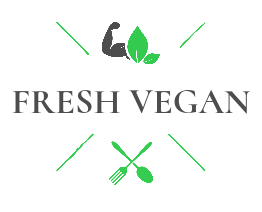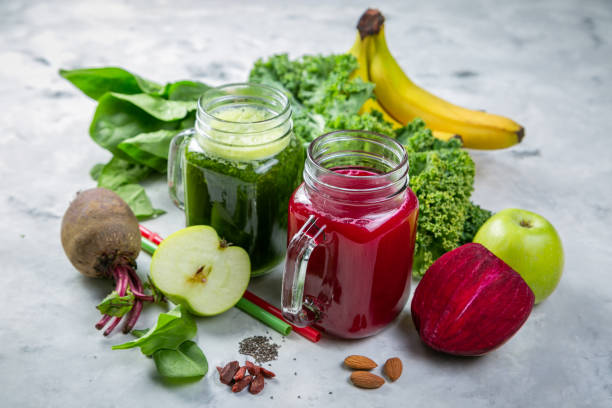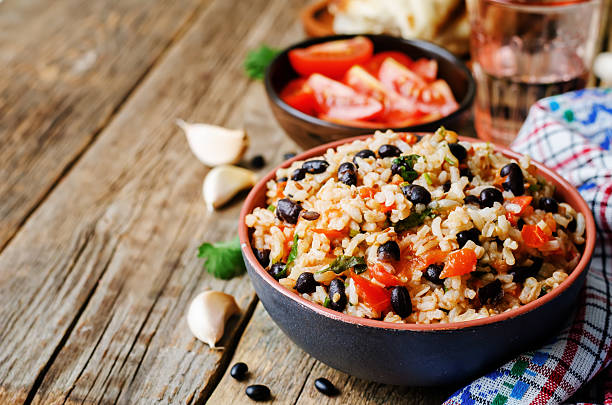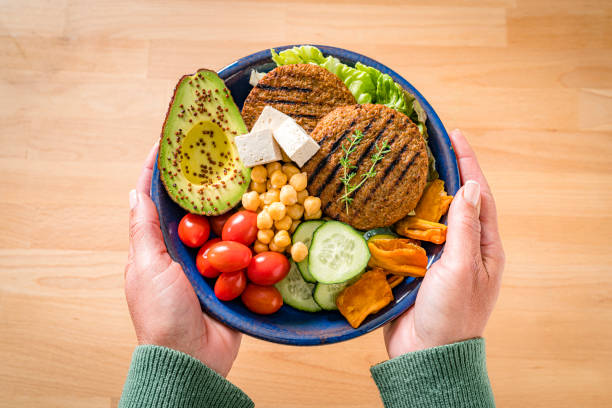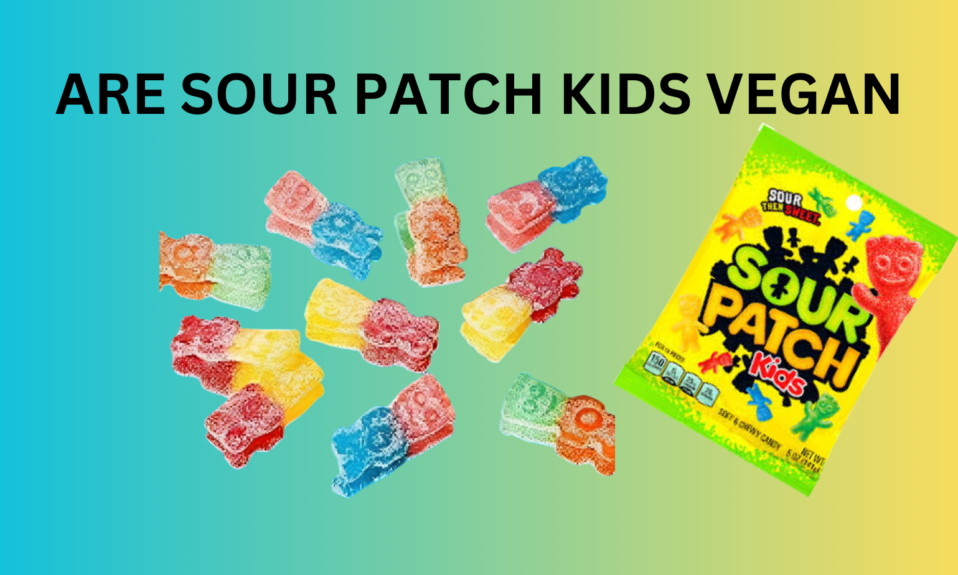It’s time to try the alkaline vegan diet if you’re avoiding acidic foods in your vegan lifestyle. Following a specific diet can make maintaining metabolic balance in your body tricky.
What makes my stomach acidic? How can I keep the stomach pH balanced on a vegan diet? If these questions are on your mind, we got you! Let’s discover the wonders of the alkaline vegan diet, its benefits, and more.
What is an alkaline vegan diet?
An alkaline vegan diet is a health-conscious, plant-based food choice that, after digestion, leaves no acidic residue in your body. Let’s take the example of enjoying a delicious steak for dinner. After digestion, the meat from the steak breaks down in your body and can create an acidic environment in your stomach.
In contrast, the vegan alkaline diet avoids such acidic food choices and promotes foods that leave an alkaline or neutral residue. To promote your health, fruits and vegetables are often the preferred choices in the alkaline vegan diet.
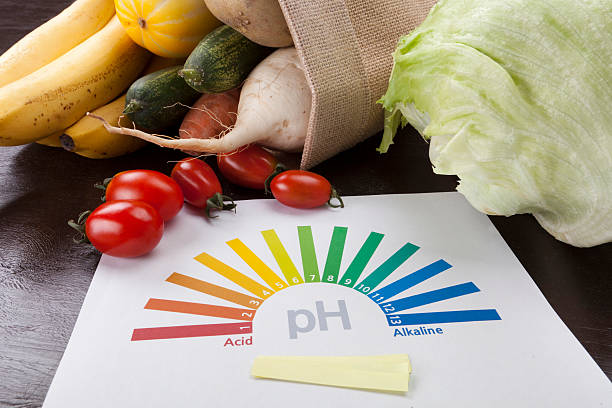
How does an alkaline vegan diet promote health?
An alkaline vegan diet boosts health by noticing how foods affect the body after digestion. Foods that leave an acidic residue are believed to increase the risk of inflammatory diseases.
On the other hand, alkaline foods are believed to leave a neutral or basic residue and are considered protective. The neutral or alkaline residue maintains the pH of your stomach and blood. Ultimately, this pH balance improves and promotes overall health.
What are the benefits of an alkaline vegan diet?
Imagine shifting to plants and vegetables that will not make your body acidic. There must be fantastic health benefits of such a shift, right? Below are some health benefits of an alkaline vegan diet:
- Promotes your muscle and immune system health.
- Helps improve your bone strength and guards against osteoporosis.
- Supports improved bone density and counters the risk of osteoporosis.
- Reduces inflammation, lowering the risk of high blood pressure and serious diseases.
- It helps you manage your weight by focusing on vegan foods with fewer calories and more fiber.
- It makes it easier for your body to get essential vitamins, especially magnesium, which is vital for various bodily processes.
Tips to Start an Alkaline Vegan diet?
Are you considering a shift to an alkaline vegan diet to detoxify your body? That’s an excellent decision! However, making the transition to a specific diet can sometimes pose challenges. Fret not; we’re here to guide you through it!
Here are a few simple tips to make your transition to an alkaline vegan diet smooth:
- Educate yourself about the benefits of an alkaline vegan diet.
- Figure out why you want to switch to an alkaline plant-based diet.
- Explore diverse and delicious alkaline vegan recipes.
- Identify and make an alkaline vegan food list.
- Organize your daily meals with a personalized plan
By following these tips, you’re making things easier and boosting your well-being as you adopt a healthy and mindful lifestyle.
Alkaline vegan food list for you!
Now that you have decided to shift towards an alkaline vegan diet, we know you are going for the grocery. Cutting half of your effort, we have got you on the top ten alkaline vegan foods list.
Here is a variety of nutritious vegan alkaline foods—they blend easily into your diet as long as you don’t have any allergies.
1. Vegetables
Packed with good stuff like vitamin C, iron, fiber, and antioxidants, it is the star of an alkaline vegan diet. Include these vegetables in your alkaline vegan food list:
● Cucumbers
● Sweet potatoes
● Kale
● Broccoli
● Bell peppers
● Spinach and other green leaf veggies
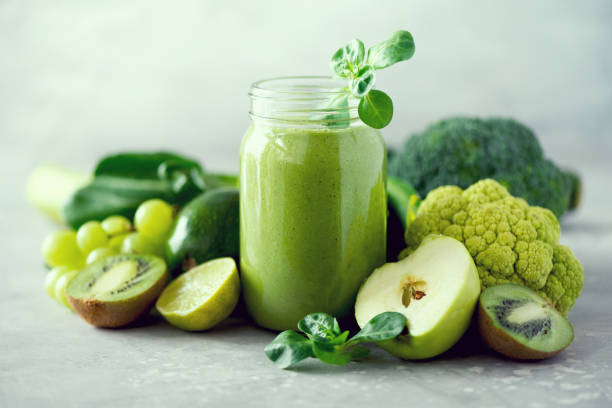
2. Fruits
When cleansing your body with an alkaline vegan diet, make fruits your top choice. Even though some fruits have “citric acid,” they’re still okay for your vegan food list because they don’t leave an acidic residue in your body. Here are some fruits you can enjoy on your vegan alkaline diet:
● Berries
● Apples
● Oranges
● Lime
● Tomatoes
● Gapes
3. Nuts:
Nuts are rich in Vitamin E and unsaturated fats that are healthy and promote your heart’s well-being. These nuts are alkaline, diet-friendly, and full of plant-based protein.
● Almonds
● Pistachios
● Walnuts
● Pecans
● Peanuts
4. Seeds
Seeds bring lots of goodness to the alkaline vegan diet. They contain omega-3 fats, good carbs, fiber, calcium, and iron. To promote your health, try:
● Chia seeds
● Flax seeds
● Pumpkin seeds
5. Whole Grains
Grains are considered a pillar of a vegan diet. Not only are they alkalizing, but they also provide a healthy blend of carbohydrates, fiber, and protein. Consider adding the following grains to your alkaline vegan food list.
● Oats
● Rice
● Millet
● Quinoa
6. Legumes
Enriched in proteins and fiber, legumes are a must-have when choosing a vegan diet. Some legumes also contain iron, Vitamin C, phosphorus, and potassium. Here are some alkaline vegan legumes for you:
- Chickpeas
- Kidney beans
- Black beans
- Green beans
- Soybeans
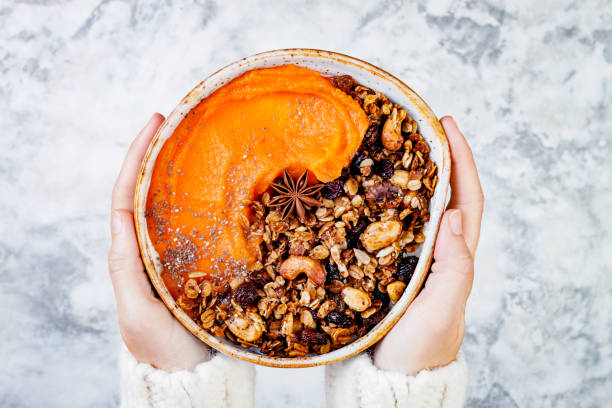
7. Oils
Oils containing healthy fats are a wise addition to your vegan alkaline food list. You can always use these oils while cooking or drizzle them on your salads:
● Avocado oil
● Olive Oil
● Coconut oil.
Be cautious of coconut oil’s high saturated fat content. Use it moderately for a balanced approach to your alkaline vegan diet.
8. Herbs
Including these herbs and spices boosts your alkaline vegan diet experience and infuses your meals with various nutritional advantages.
● Basil
● Ginger
● Turmeric
● Cilantro
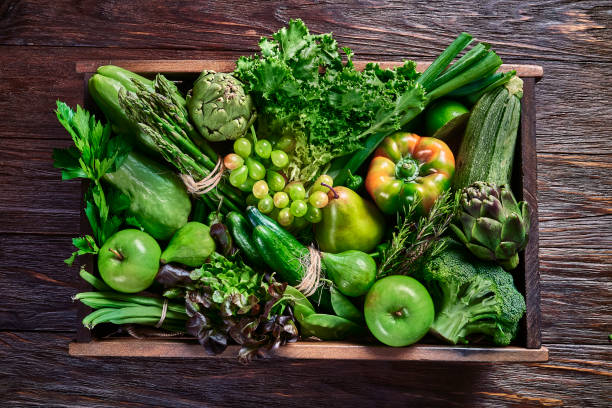
How do alkaline vegans get protein?
Alkaline vegans get proteins from nuts. Vegan and Alkaline nuts include lentils, almonds, pistachios, peanuts, and pecans. All of these are rich sources of proteins. For example, 30 grams of almonds contain 6 grams of proteins, 100 g of peanuts has 26 g of proteins, and 100 g of pistachio has 20 grams of proteins.
Are carrots alkaline vegan?
Carrots are slightly acidic in nature, but the end product of carrots is alkaline. So, alkaline vegans can eat carrots in their alkaline vegan diet plan.
What is high-alkaline vegan food?
High-alkaline vegan foods are those which have a pH greater than 7.0. Nuts, grains, vegetables, fruits, legumes, coconut oil, beets, cherries, apples, broccoli, peas, and tomatoes are highly alkaline vegan foods.
Are cucumbers alkaline?
Yes, cucumber is a vegan alkaline food. It is an almost calorie-free diet rich in water. The pH of cucumber is 7.0 to 8.0, which makes it neutral or alkaline food.
Final Thoughts!
It’s a wrap! Choosing an alkaline vegan diet is like showing love to your body and its metabolism. This diet encourages you to eat plant-based foods that don’t make your body acidic. Get benefits like a stronger immune system and less inflammation. Follow the tips mentioned earlier for a smooth transition into this diet. This alkaline vegan food list will be your partner in the grocery store.
Also Read:
